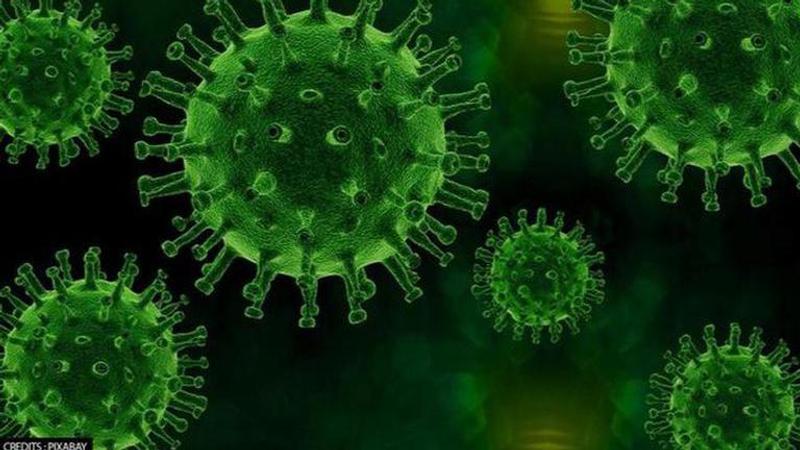Published 19:24 IST, August 7th 2021
COVID-19: SARS-CoV-2 antibodies remain stable for 7 months after infection, says study
Healthcare workers' IgG antibodies to SARS-CoV-2 remain constant seven months after infection, as per a study published in the journal Nature Communications

Healthcare workers' IgG antibodies to SARS-CoV-2 remain constant, if not increasing, seven months after infection, according to a new study published in the journal Nature Communications on Friday, August 6. Covid-19 could also be protected from by pre-existing antibodies against common cold coronaviruses, according to researchers at the Barcelona Institute for Global Health (ISGlobal) in Spain. It is critical to understand the dynamics and duration of immunity to SARS-CoV-2 in order to predict the pandemic's evolution and develop effective strategies, they wrote.
The level of antibodies against different SARS-CoV-2 antigens was tracked over time in a sample of healthcare workers at the beginning of the pandemic. ISGlobal researcher Carlota Dobano, who led the study, said, "This is the first study that evaluates antibodies to such a large panel of SARS-CoV-2 antibodies over 7 months." A total of 578 blood samples were collected between March and October 2020.
In addition, they examined the presence of antibodies against the four coronaviruses causing common colds in humans. They measured the amount and type of antibodies against six different SARS-CoV-2 antigens. Antibodies' neutralising activity was also examined in collaboration with researchers from Barcelona University.
Most infections during the first covid wave
Health care workers were infected most frequently during the first pandemic wave, according to the study's findings. As a result of this, other recent studies have confirmed that all IgG antibodies, with the exception of those directed against nucleocapsid (N), remain stable over time. All body fluids and tissues contain Immunoglobulin G (IgG), the most abundant form of the antibody. These antibodies are produced towards the end of the infection process and they are vital for the body's recovery.
Gemma Moncunill, the senior co-author of the study, said, "Rather surprisingly, we even saw an increase of IgG anti-spike antibodies in 75 percent of the participants from month five onwards, without any evidence of re-exposure to the virus." The researchers found no evidence of reinfections in the cohort. Antibodies against human coronaviruses (HCoV) may also protect against COVID-19 infection, according to the study.
According to the researchers, people who were infected with SARS-CoV-2 had lower levels of HCoV antibodies. According to the researchers, asymptomatic individuals had higher levels of anti-HCoV IgG and IgA than those with symptoms. Carlota Dobano added, "Although cross-protection by pre-existing immunity to common cold coronaviruses remains to be confirmed, this could help explain the big differences in susceptibility to the disease within the population."
Image: PIXABAY
Updated 19:24 IST, August 7th 2021



